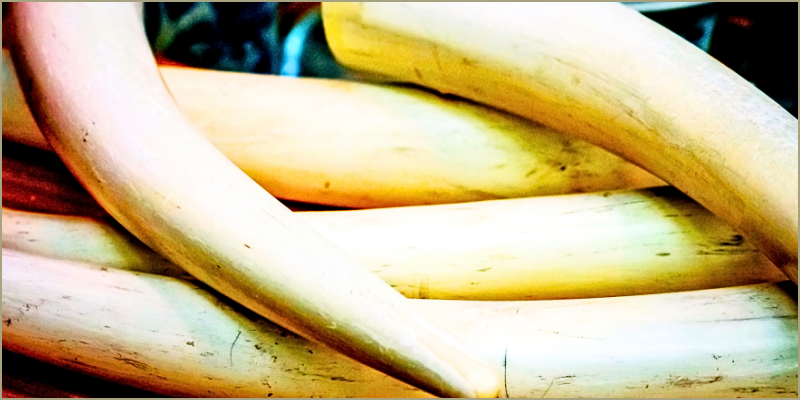A swarm uncovered the snares
Sep 12, 2024
Last month, we had some unexpected guests at the Gobelo Farm. The whole place was buzzing!!! Literally BUZZZZING! We were overrun by bees. Now, normally we’re all for nature getting up close and personal, but this was a bit too up close for comfort. It turns out, our growing little family of chickens and ducks attracted more than just admiration - they also caught the attention of every bee in the entire Hwange forest. Apparently, honey bees love chicken and duck feed. Who knew?
The bees were all over the place, munching on the dust from the grains, a naturally, this kicked off a bit of a frenzy as none of the chickens or ducks could enjoy their feed. So there was quite a bit of quacking ..and clucking and shrieking.. It got to be so disruptive that one of our groundsmen (Tinashe) and some of the guides decided they had to go on a hunt to track down the beehive. BUT.. as you know - things are never that simply around here. Firstly, how do you go to find a beehive in the middle of a massive forest?? It’s not like the bees leave a trail.. Or spoor or anything.
But actually, that is not the real focus of this blog. What happened next is what really got us going (even more than the bee invasion). The short of it is that when they started out searching the forest to try to find the source of the bees, our crew stumbled upon something completely different! They found copper snares…. And not just one or two - a bunch of them.

Poaching is a real threat in Hwange, however, thanks to the presence and efforts of tourism operators (like us) and the community as a whole, it’s on the decline. In 2022, a total of 36 animals were poached, down from 42 in 2021. It’s still too many, but we’re making progress. In our early days here in Hwange, we remember the devastating period of between 2016 and 2019, when over 322 elephants were killed for their tusks in Hwange alone due to cyanide poisoning and other means. Heartbreaking as this was, there is hope. Since 2020 elephant poaching does seem to have been on the decline – and we commend ZimParks as well as all of the conservation and anti-poaching teams in our area work tirelessly to protect the wildlife.
As Gwango we have been doing our part for this ecosystem for over a decade. We care deeply about the protection of the forest and all the creatures that live here. We also consider cutting trees to be a form of poaching. You may be interested to know that in 2017 we established our very own K9 Anti-Poaching Unit. Yes, we recruited a team of over 10 dogs (our furry heroes) as rangers. They underwent extensive training and were introduced to daily patrols in the bush, sniffing out snares and any other threats to the wildlife. You can check out the full story on how it all started right here. While we don’t currently run daily patrols, we do still have a pack of 5 dogs who continue to do a great job of alerting us of any suspicious activities, and they also ensure that the thieves in our forest (monkeys) don’t get away with all of the tasty fruit at the Gobelo Farm.
ZimParks has ramped up their game too. Over the past few years, they’ve teamed up with organisations like the International Fund for Animal Welfare (IFAW), setting up new ranger stations, upgrading infrastructure and rolling out top-notch communication systems. This all adds up to more boots on the ground, better tools in hands and less poaching. It all helps to make a difference.
We should also add that the most challenging time for us all was during the shutdown, when tourists were not spending days on safari in the Park. Your mere presence out here creates a huge aversion and helps to keep our elephants and other wildlife populations safe. So even you (if you’ve been here on safari) are helping to reduce the number of snares and ensure that wildlife continues to roam free!
On top of that, law enforcement has really stepped up. With over 4,000 poaching arrests in the last five years, the message is clear - there’s no place for poaching in Hwange! The collaboration between ZimParks, local police and the judiciary continues to ensure that wildlife criminals face justice.
So, while the bees may have stirred up a bit of chaos, they did lead us to the snares. Perhaps as nature always does, they maybe were just trying to warn us, reminding us to look beyond the camp into the wild corners of the forest that we’re here to protect. Every little effort, from removing snares to reporting on poaching activities to getting out on a safari so that your presence is felt - helps keep this wild place buzzing with life - buzzing in the best sort of way that is...